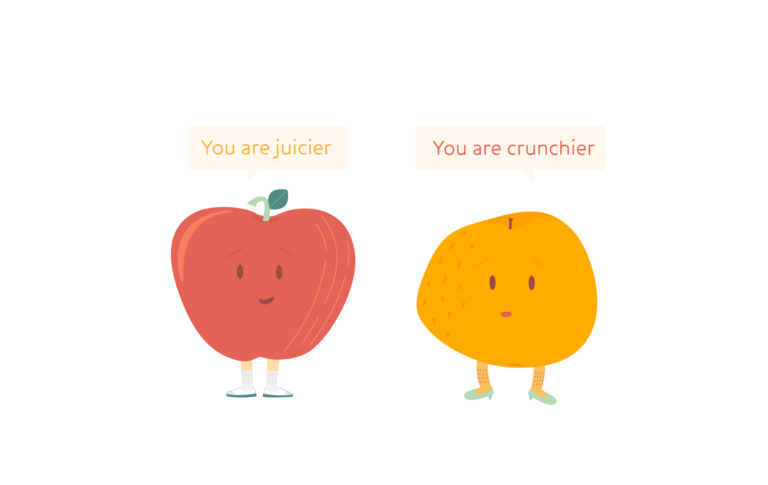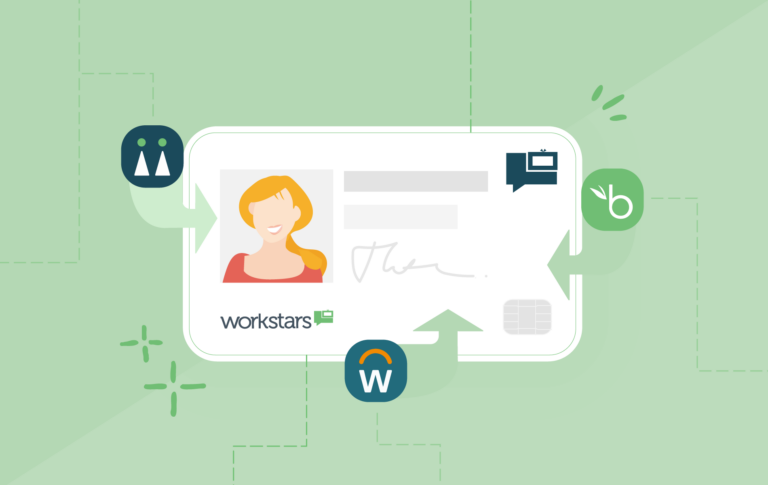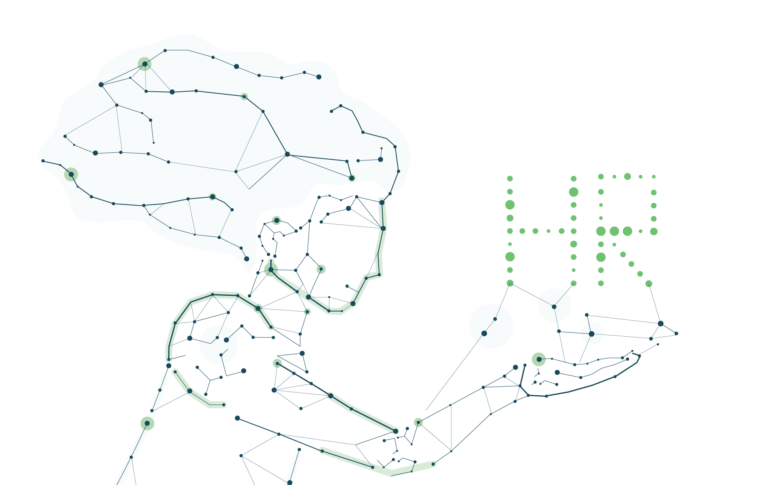Motivation: Personalisation or one size fits all?
In the past, companies have created their employee motivation programmes on the assumption that all employees are motivated by the same things. Those ‘things’ might have varied company to company but within each business the offering was based on a fairly narrow and quite prescriptive approach to motivation.
But evidence and experience have started telling us something different about the best approaches to motivation. Companies are starting to listen and they’re realising different things motivate different people. Gone are the days of one size fitting all – today is about personalisation, and here are four reasons why.
1. There are now several different generations in the workplace
With people retiring later on in life the workforce is made up of several generations. There are many commonalities in terms of what motivates people from different generations, but there are plenty of differences too. Employers need to be ready for that. The impact of the millennials has been the subject of a great deal of discussion and research and it’s already clear there are some key differences in terms of their expectations and those of previous generations. Companies need to get that and respond to it because this is the generation that’ll make up increasing proportions of the workforce.
2. Cultural differences
Culturally, the UK’s a very diverse country and unsurprisingly that’s reflected in the workforce. Companies are already starting to understand the need to provide workplaces and benefits that respect these differing cultural norms – for instance providing flexibility to enable different religions to observe religious holidays – and this needs to be reflected in other approaches to motivation too.
3. People value different things at different points in their lives
Even if people are of the same generation and culture, it’s still to be expected that they’ll value things differently at different times. Tastes, needs, preferences and circumstances are changing constantly for all of us and its inevitable individuals will value particular things more at particular moments in their lives. The fact that the definition of what a benefit actually is has been broadening out partly reflects this. A more flexible approach combined with an ability to personalise perks and benefits to make them applicable to individuals means they’ve immediate value to the recipient and hit the mark straight away.
4. Social has transformed the way we communicate and interact
The way we communicate has fundamentally changed. It doesn’t matter what size the organisation is; social technologies facilitate interactions at and between all levels. In its broadest sense, social is the complete opposite of one-size-fits-all approaches in the workplace. The ‘cascade down the organisation and apply to everyone’ techniques of the past have been replaced with personalisation and one to one conversations.
How do you know what your employees want?
Managers need to take on a pivotal role in understanding their people and personalising the motivation experience. Identifying an employee’s likes and dislikes is often a route to what motivates, and matters to them. Many managers do this but then don’t act on those insights with perks that truly motivate.
Go and give blood, leave a few hours early to get packed before going on holiday, attend your little tiger’s sports day, watch a movie at your desk or simply take time out to bask in the sun. These are all simple perks that are easy to manage in today’s employee recognition applications. The key is managers knowing which perks really get an employee’s juices going, and which leave them stone cold.


 Great managers vs natural leaders: What’s the difference (and does it matter?)
Great managers vs natural leaders: What’s the difference (and does it matter?)
 Workstars now integrates seamlessly with the HRIS you use every day
Workstars now integrates seamlessly with the HRIS you use every day
 AI in HR: Where are we at (and where are we going to end up?)
AI in HR: Where are we at (and where are we going to end up?)